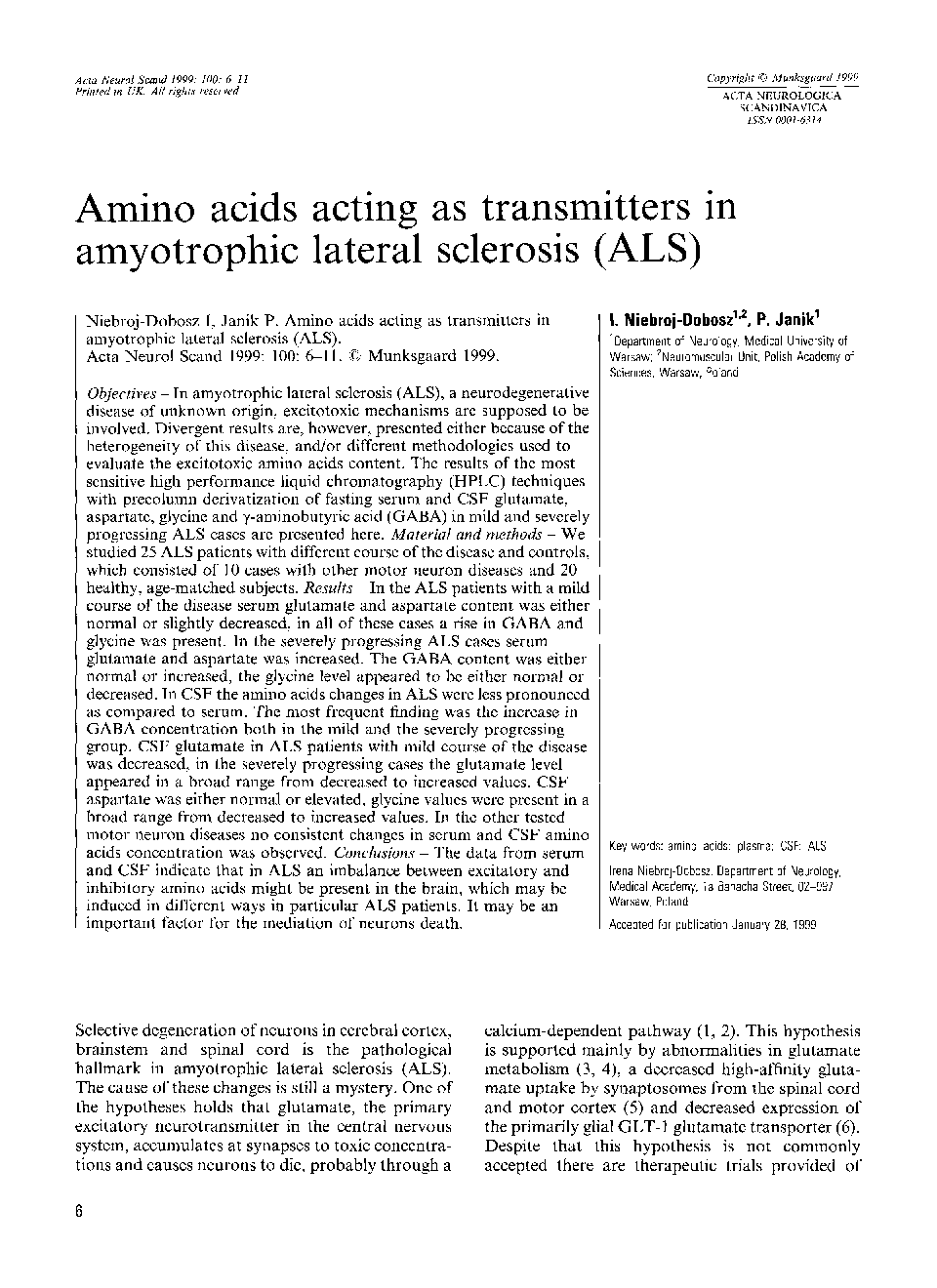| Article ID | Journal | Published Year | Pages | File Type |
|---|---|---|---|---|
| 5688302 | Kidney International | 2017 | 6 Pages |
Abstract
In the absence of uncontrolled hypertension or renal insufficiency, many consider the perinatal outcomes in pregnant women with nephrotic syndrome to be good. To further investigate this we performed a retrospective chart review of women with biopsy-proven nephrotic syndrome due to primary glomerular disease during pregnancy at a single tertiary center. Our review determined characteristics, presentation, management, pathologic diagnoses, and associated renal and maternal-fetal outcomes of 19 individuals with 26 pregnancies and 26 offspring. The mean age was 27.6 years, the mean gestational age at the presentation of nephrotic syndrome was 18.6 weeks, the mean creatinine was 0.85 mg/dL, mean serum albumin was 1.98 g/dL, and the mean proteinuria was 8.33 g/24 hours. The mean cardiac output was 8.6 L/minute, which was elevated compared to normal pregnancy. A kidney biopsy was performed during pregnancy in 8 individuals (median gestational age at time of biopsy was 21 weeks), changing management in six. Of the 26 pregnancies, maternal complications included preeclampsia in seven, acute kidney injury in six, premature rupture of membranes in two, and cellulitis in three. The mean age of gestation at delivery was 35.5 weeks. Fetal complications included low birth weight (under 2,500 g) in 14, intra-uterine growth restriction in three, and neonatal intensive care unit admission in eight. Thus, pregnant women with nephrotic syndrome are at high risk for developing both maternal and fetal complications, even in the absence of significant renal impairment or uncontrolled hypertension at the time of presentation of nephrotic syndrome.
Keywords
Related Topics
Health Sciences
Medicine and Dentistry
Nephrology
Authors
Iris De Castro, Thomas R. Easterling, Nisha Bansal, J. Ashley Jefferson,
